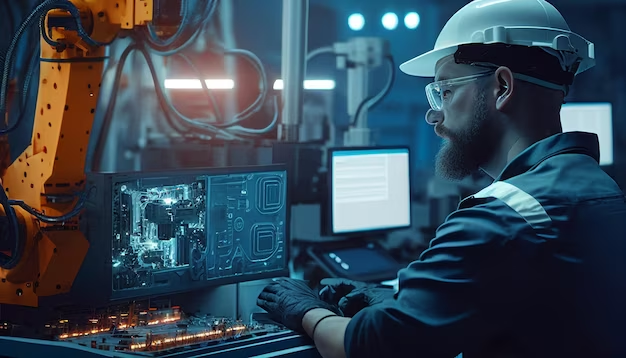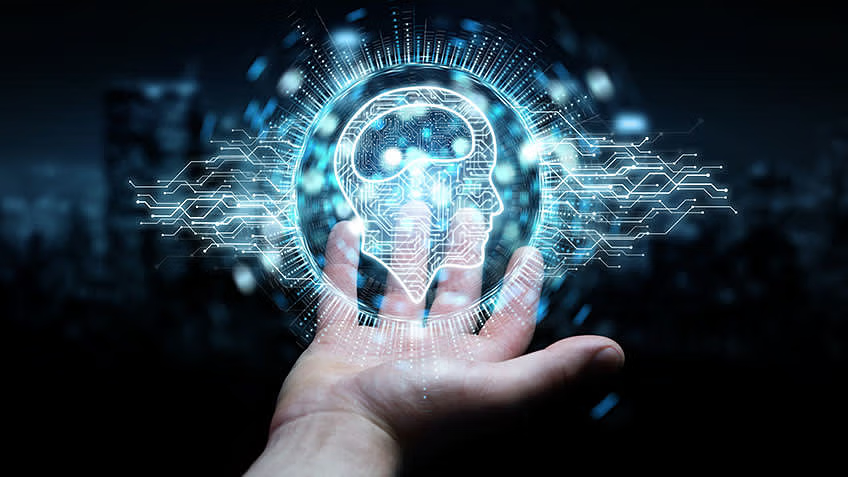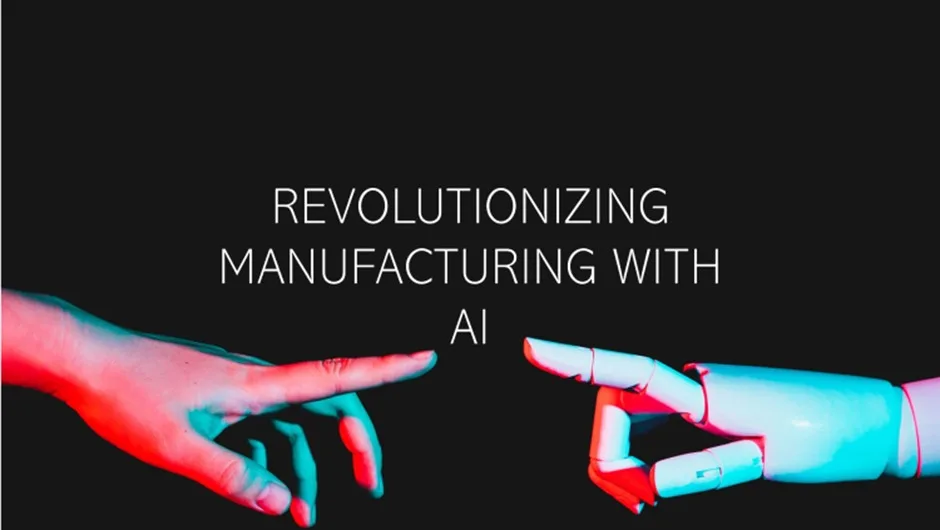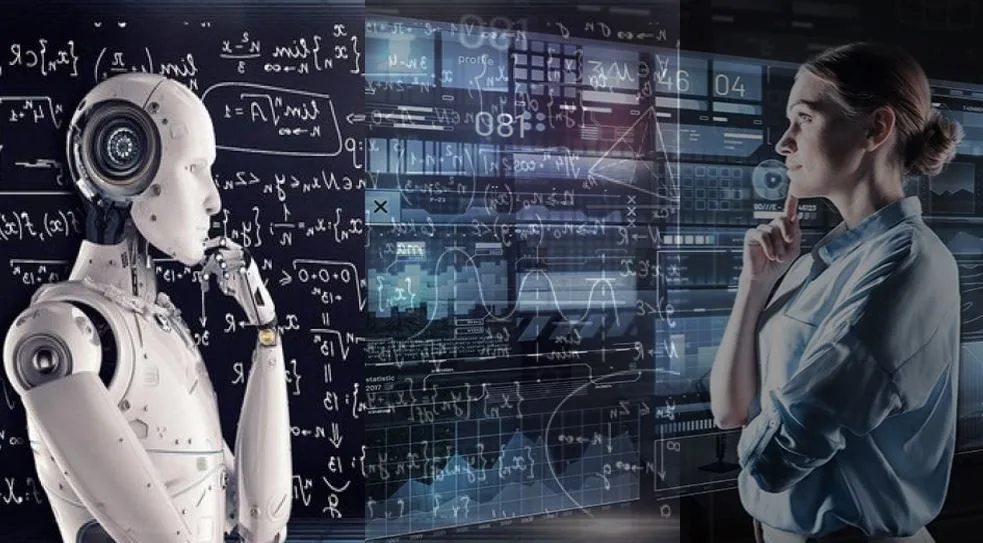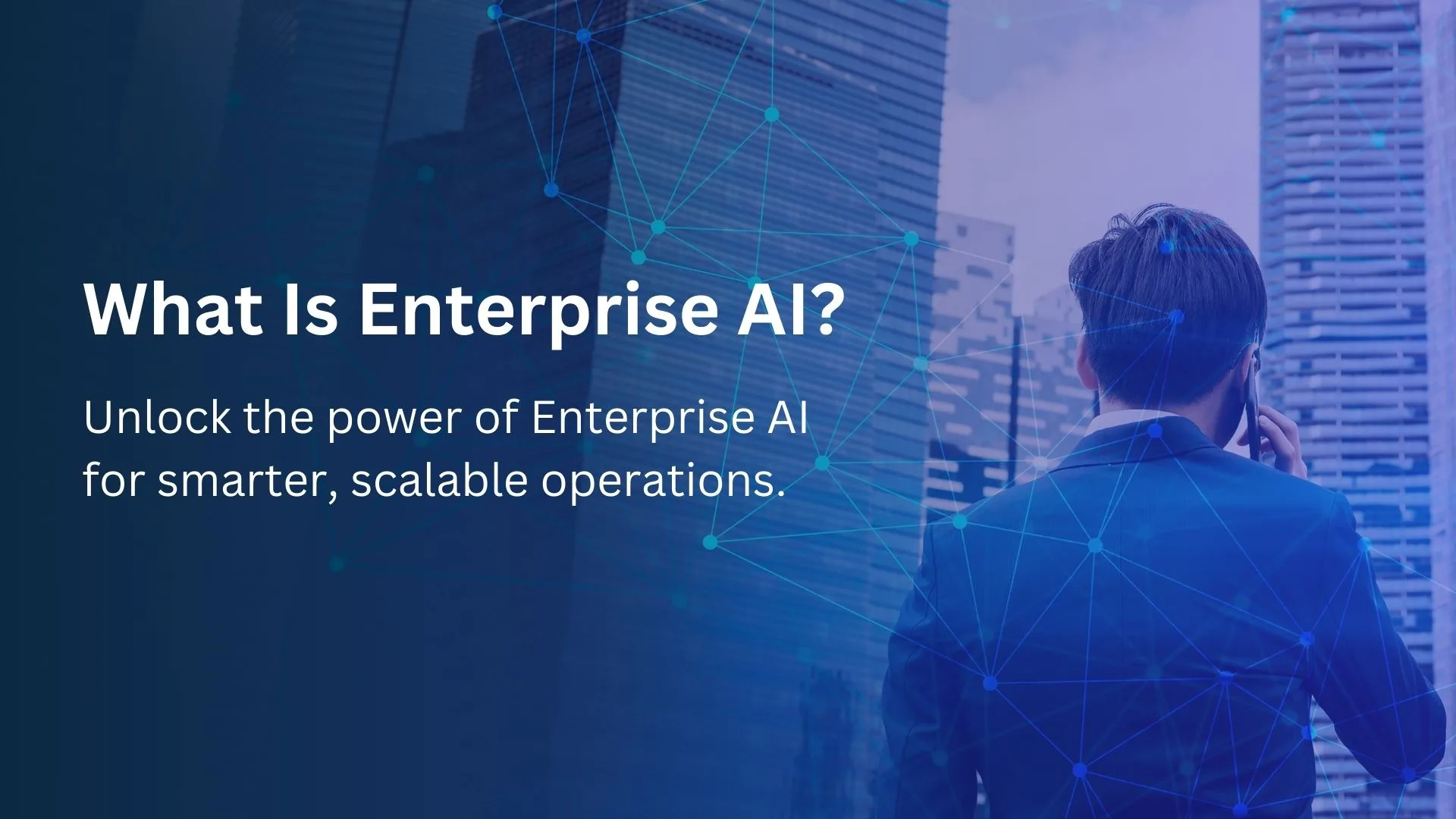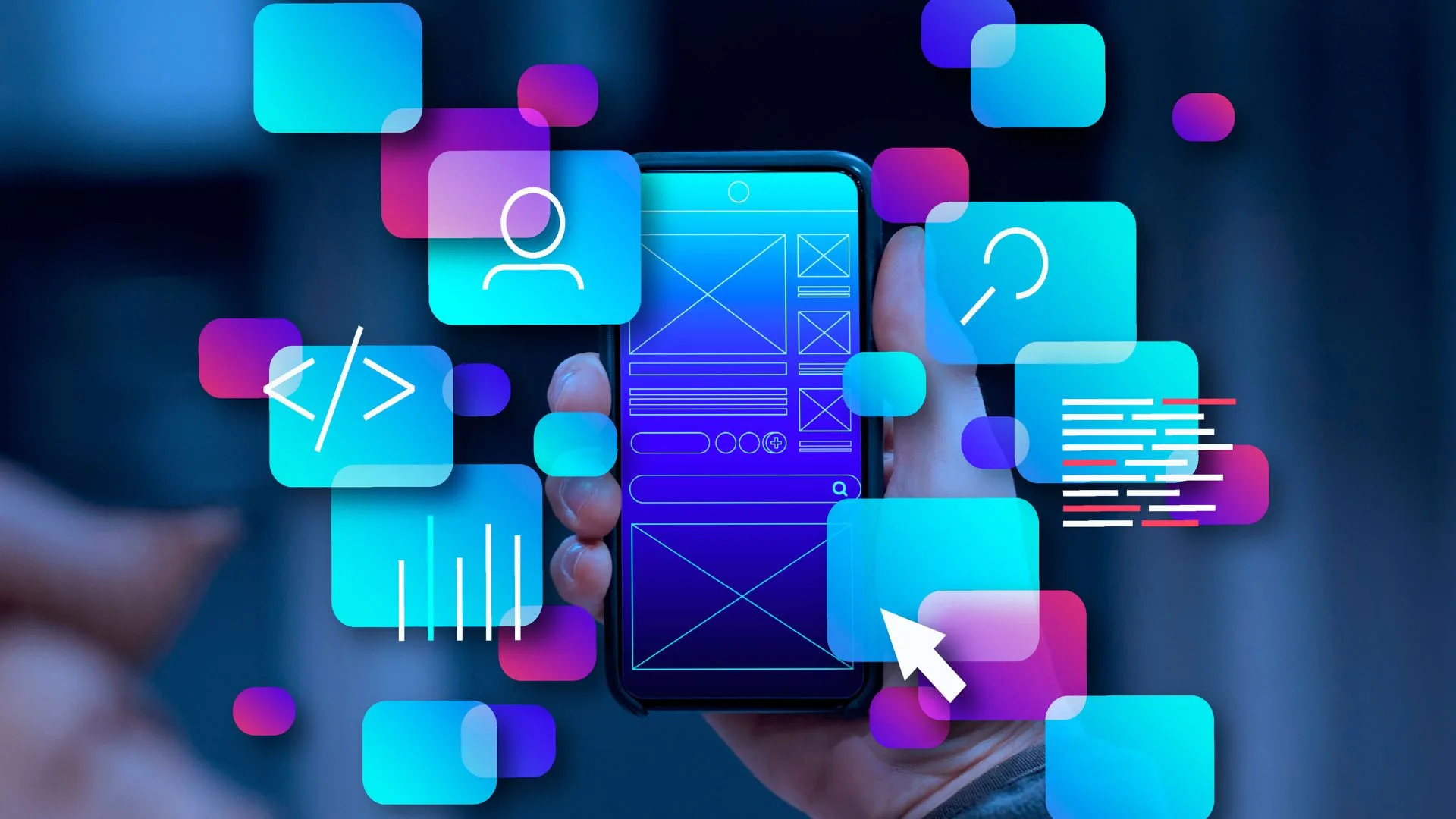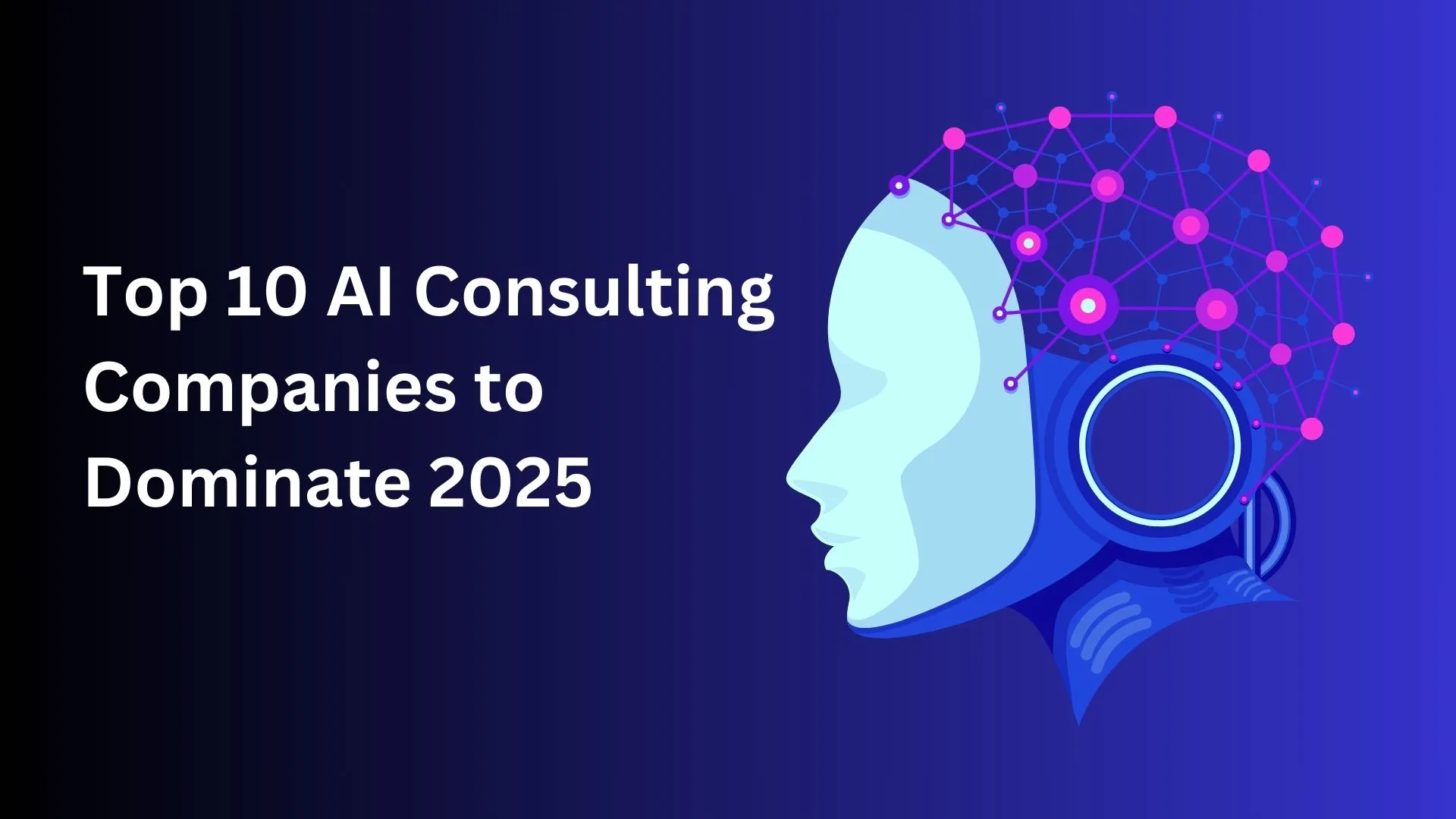The engineering world is constantly striving for innovation and efficiency. Traditionally, the journey from a rough idea to a finished product involves a linear process of prototyping, testing, and refinement. This can be time-consuming and resource-intensive. However, Generative AI (Gen AI) is emerging as a game-changer, promising to drastically accelerate engineering workflows and usher in a new era of design and development.
What is Generative AI and How Does it Work?
Gen AI refers to a type of artificial intelligence that can create entirely new data. Unlike traditional AI models trained for recognition or classification, generative models can learn the underlying patterns and relationships within a dataset and use that knowledge to generate novel designs, simulations, or code.
The Generative AI Advantage in Engineering
Here’s how Gen AI can revolutionize the engineering workflow:
Rapid Prototyping
Imagine feeding design parameters into an AI model and receiving multiple, optimized prototypes in seconds. Gen AI can explore a vast design space much faster than traditional methods, allowing engineers to iterate and refine concepts quickly.
Enhanced Simulations
Generative models can create realistic simulations of products or systems under various conditions. This can help engineers identify potential flaws early in the design phase, saving time and resources during physical prototyping.
Automated Design Exploration
Gen AI can be used to explore a wider range of design possibilities than human engineers might consider. This can lead to the discovery of more innovative and efficient solutions.
Code Generation and Optimization
For software engineers, Gen AI can automate repetitive coding tasks, generate test cases, and even suggest code optimizations.
From Hype to Reality: Implementing Generative AI
While the potential of Gen AI is undeniable, there are considerations for successful implementation:
Data is Key
The quality and relevance of the training data are crucial for Gen AI models to generate accurate and useful outputs. Engineers will need to curate and prepare data specifically for their design needs.
Human Expertise Remains Essential
Gen AI is a powerful tool, but it should not replace human engineers. The role of the engineer will shift towards interpreting AI outputs, making design decisions, and ensuring the final product meets all requirements.
Explainability and Trust
Understanding how Gen AI models arrive at their solutions is crucial for building trust in their outputs. Engineers need to be able to explain and justify the recommendations made by AI models.
The Future of Engineering with Generative AI
Generative AI is poised to transform the way engineers approach design and development. By automating repetitive tasks, exploring a wider design space, and optimizing workflows, Gen AI can significantly accelerate the process of bringing innovative products to market. As the technology matures and engineers become more comfortable working alongside AI, we can expect a new era of creativity and efficiency in the engineering world.



